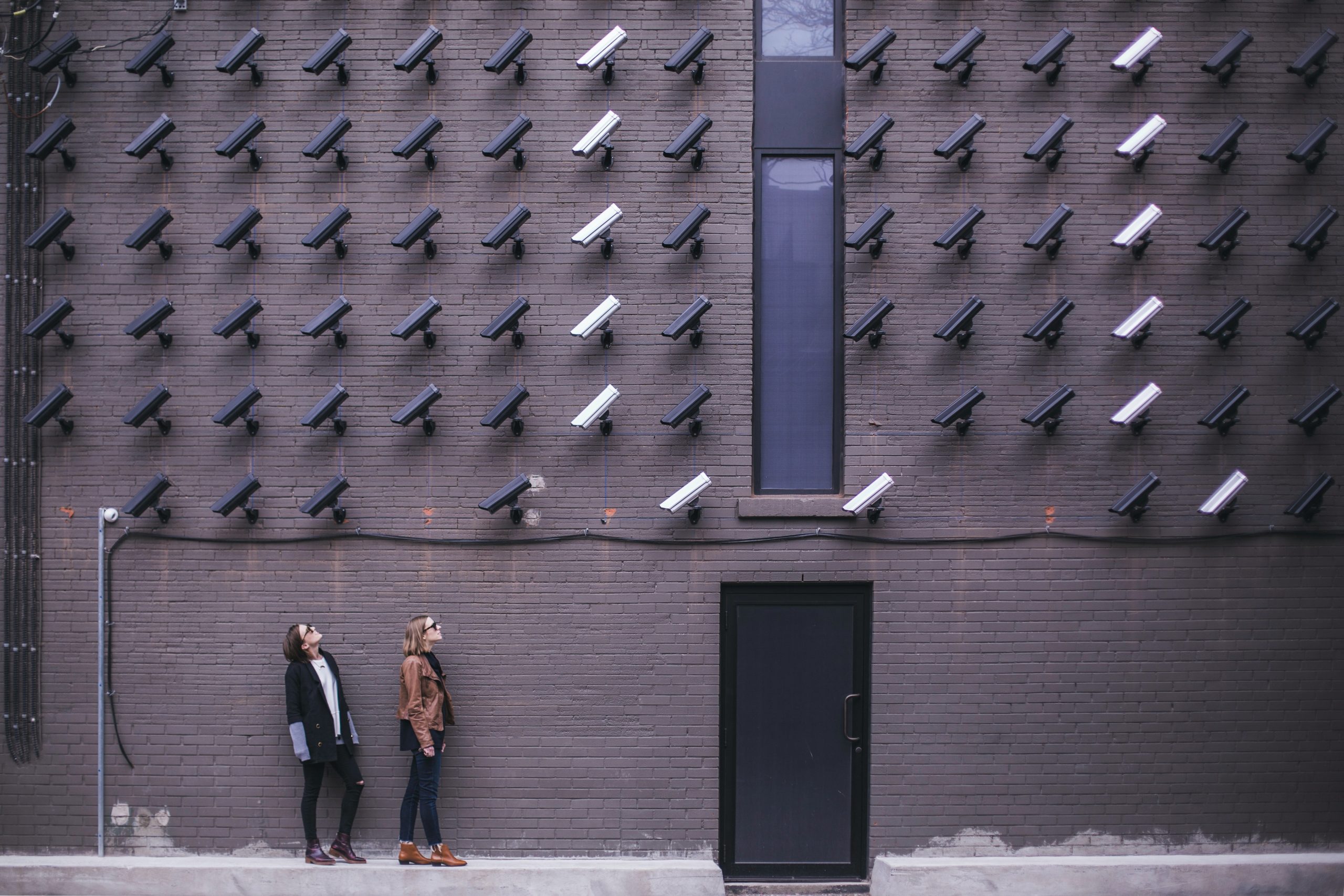In recent years, police body cameras have become a hot topic in the debate surrounding law enforcement and accountability. Supporters argue that they provide transparency and help prevent police misconduct, while others believe they infringe on privacy rights and fail to address underlying issues of systemic racism. So where does the truth lie? In this blog post, we will explore the pros and cons of police body cameras to determine whether the debate is worthwhile or if it’s just another divisive controversy.
What are police body cameras?
Police body cameras are small, wearable cameras that record an officer’s interactions with the public. The recordings can be used to provide evidence in criminal cases, help with officer training, and improve police transparency and accountability.
Supporters of police body cameras say that the recordings can help to hold officers accountable for their actions and prevent police brutality. They also argue that the cameras can help to clear up misunderstandings and build trust between the police and the community.
Opponents of police body cameras argue that the recordings can invade privacy, be used to unfairly prosecute people, and compromise officer safety. They also argue that the costs of outfitting officers with body cameras outweigh the benefits.
The debate over whether or not to use police body cameras is ongoing, but many departments have already implemented them into their policing strategies.
The pros of police body cameras
The increased use of police body cameras has led to a debate over their merits and drawbacks. Some believe that the pros, which include greater accountability and transparency, outweigh the cons. Others contend that the potential for abuse is too great and that the costs are too high.
Body cameras can provide an objective record of interactions between police and the public. They can help to resolve complaints against officers and can be used as evidence in criminal prosecutions. Body cameras may also deter police misconduct and can help to improve officer safety.
The main arguments againstpolice body cameras are privacy concerns and the potential for abuse. Critics worry that footage from body cameras could be used to invade the privacy of citizens who are not suspected of any crime. They also argue that police officers could use body camera footage to unfairly target people or manipulate events to their advantage.
The cons of police body cameras
The debate over whether police body cameras are a good thing or not is worth having, but there are some clear cons to using them. First and foremost, the costs associated with purchasing and maintaining body cameras can be quite high. In addition, there is the potential for privacy concerns to arise, as people may not want their every move captured on video. Finally, body cameras can create additional work for police officers, who now must spend time reviewing footage in addition to their other duties.
The debate around police body cameras
The debate around police body cameras is one that has been ongoing for several years now. There are pros and cons to having police officers wear body cameras while on duty. Some people feel that body cameras will help to increase transparency and accountability within law enforcement, while others worry about the potential for abuse and invasion of privacy.
There are a few key points to consider when thinking about the pros and cons of police body cameras. First, it’s important to understand that body cameras are not a perfect solution. They can certainly help to improve transparency and accountability, but they also have the potential to be misused. For example, if an officer turns off their body camera during an interaction with a civilian, there is no way to know what happened during that interaction.
Second, it’s important to consider the cost of outfitting all police officers with body cameras. In many cash-strapped municipalities, this could be a prohibitive expense. Third, there are privacy concerns to consider. If police officers are wearing body cameras, they will be constantly recording everything they see and hear. This could lead to some sensitive information being captured on camera without the consent of those involved.
Overall, the debate around police body cameras is one worth having. There are pros and cons to consider, but ultimately it’s up to each individual municipality to decide whether or not outfitting their officers with body cameras is the right decision for them.
Conclusion
The debate surrounding the use of police body cameras is an important one, and it has provided us with a lot of valuable insight into both the potential benefits and drawbacks associated with this technology. While there are certainly some pros to using police body cameras in law enforcement, such as increased transparency and accountability, there are also several cons that need to be taken into consideration, including privacy concerns and costs. Ultimately, we must weigh all sides of the argument before coming to any definitive conclusions on whether or not this technology should be adopted more widely by law enforcement agencies across the country.










